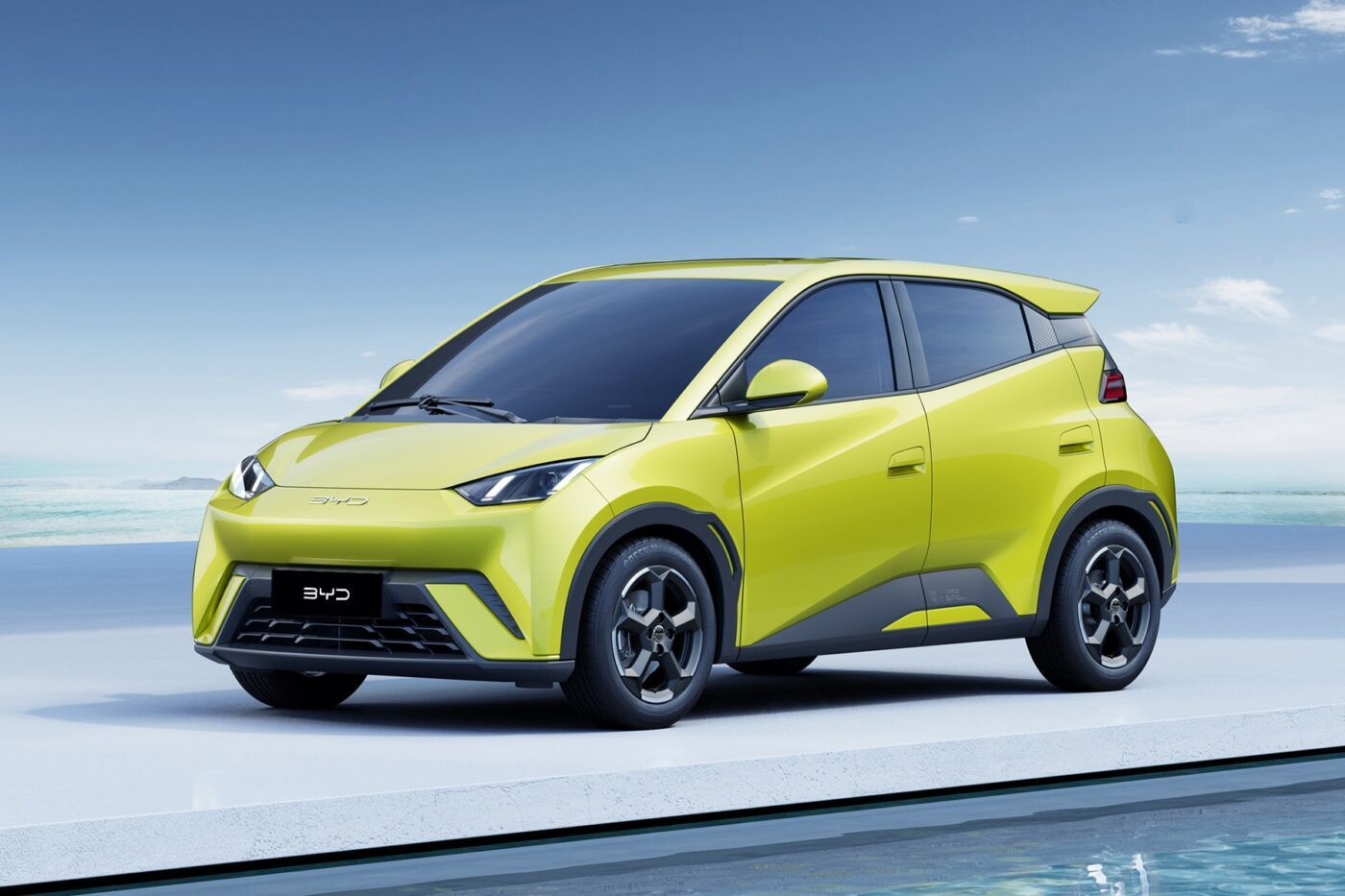EV sales in China experience seasonal January slump
As in many markets, the end of the year often marks a peak in vehicle sales before things slow down in January and February. In China, this phenomenon can again be observed in the latest figures from the China Association of Automobile Manufacturers (CAAM). The approximately 729,000 electric cars sold in January are 79 per cent higher than in January 2022, but 39 per cent lower than in December 2023. The substantial improvement compared to the same month last year is because demand in January 2023 was exceptionally subdued, partly due to the elimination of subsidies, significant market price fluctuations, and the Chinese New Year celebrated in January 2023. This year, it takes place in February (10th to 17th) and further reduces the number of sales days in this already short month.
It is important to keep that in mind when looking at the following figures. Across all powertrains, 2.4 million vehicles were sold in China in January, 47.9 per cent more than in the previous year, but 22.7 per cent less than in December. The 729,000 new energy vehicles (NEVs) mentioned above accounted for 29.9 per cent of total sales.
In December, this figure was 37.7 per cent. According to CN EV News, this is the first time since April 2023 that NEV adoption in China has fallen below the 30 per cent mark.
According to CAAM data, 445,000 BEVs were registered in China in January, 55.1 per cent more than in the previous year, but 46.1 per cent fewer than in December. PHEVs reached 284,000 units in January – an increase of 134.7 per cent compared to January 2023, but a decrease of 22 per cent compared to the previous month. Sales of fuel cell vehicles totalled 400 units in January, up 133.3 per cent on the previous year.
Also interesting: 629,000 NEVs manufactured in China remained in China in January, while 101,000 units were exported. That corresponds to a year-on-year increase of 93.5 per cent for domestic sales and 21.7 per cent for exports of NEVs. The figures fell by 41.8% and 9% compared to December. Exports can be further broken down into 82,000 BEVs (+5% YoY) and 18,000 PHEVs (+310% YoY).
In the manufacturer ranking, BYD remains the market leader for electric cars and plug-in hybrids in January – with 201,019 plug-in cars sold (+33.9% YoY, -40.9% compared to December). That included 105,304 BEVs and 95,715 PHEVs, the latter losing slightly less ground than battery-electric cars compared to the previous month.
Tesla sold 71,447 vehicles manufactured in China in January, all of which were BEVs. The US electric car manufacturer was thus well behind BYD even in a pure BEV comparison. Tesla’s January sales represent an increase of 8.2 per cent compared to January 2023 and a decrease of 24.1 per cent compared to December. There are no separate figures for exports for January.
Behind the two carmakers, the field of EV start-ups remains tight. Geely subsidiary Zeekr delivered 12,537 BEV vehicles in January, Nio sold 10,055 electric vehicles, Neta 10,032 cars and Xpeng 8,250 BEVs. All lost ground compared to December 2023, but made up ground compared to January 2023. Among the manufacturers that also or exclusively sell range extender models – i.e. quasi plug-in hybrids – figures for January are available from Leapmotor (12,277 units) and Li Auto (31,165 units).
cnevpost.com (CAAM), cnevpost.com (BYD), cnevpost.com (Tesla), ir.xiaopeng.com, ir.nio.com, cnevpost.com (Leapmotor), cnevpost.com (Zeekr), cnevpost.com (Neta), cnevpost.com (Li Auto)





0 Comments